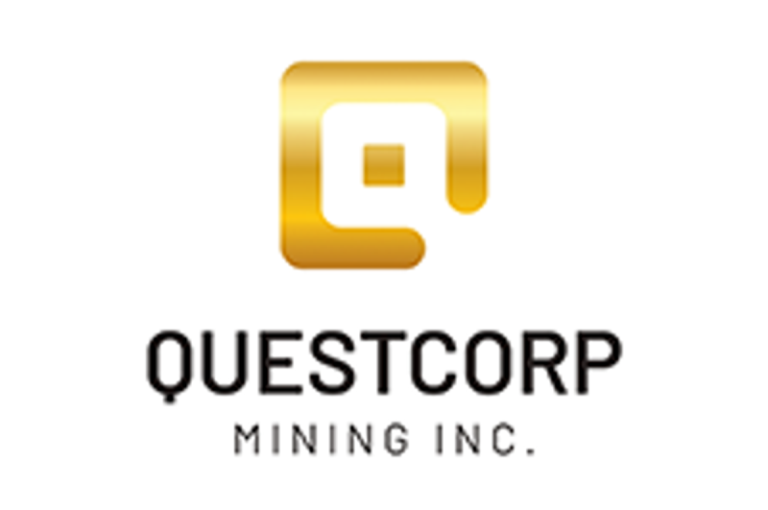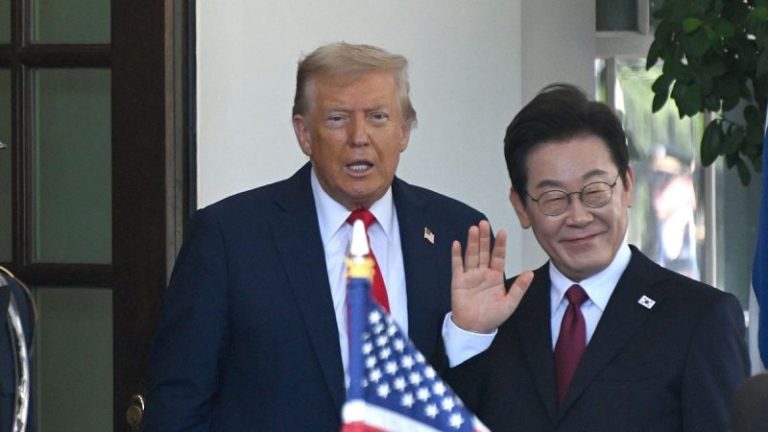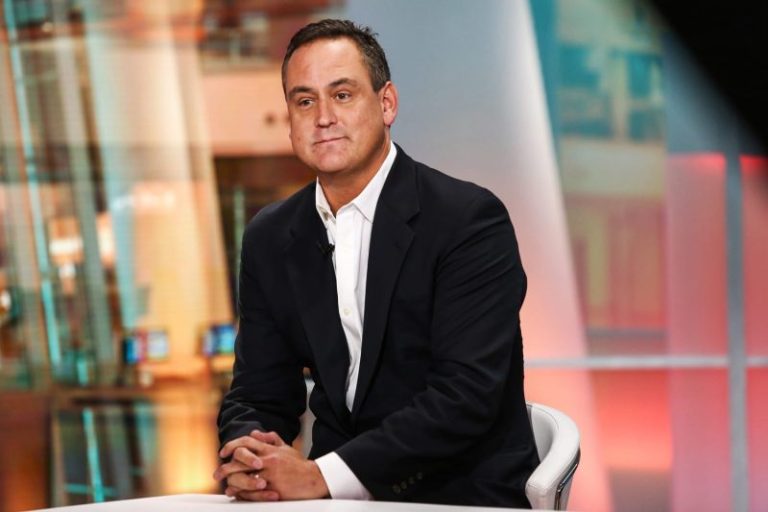Questcorp Mining Inc. (CSE: QQQ,OTC:QQCMF) (OTCQB: QQCMF) (FSE: D910) (the ‘Company’ or ‘Questcorp’) is pleased to further update investors on its maiden drilling program at the La Union gold and silver project in Sonora, Mexico, which continues on track and on budget. The program is now two-thirds complete with initial and second holes now completed at four of the five main targets. This update follows the company’s Aug. 6, 2025, announcement marking the start of the program and Aug. 19, Sept. 10 and Sept. 24 news releases chronicling the progress of the program.
Saf Dhillon, President and Chief Executive Officer, states: ‘The drilling had started of a little slower and then was paused for unusually heavy rains. The initial plan was to drill 4 to 6 holes but, the Riverside team and their subcontracted drillers have been making substantial progress and we’re now at 7 completed holes with plans for another 2 to 5. In total, four of the five target zones have been drill tested with at least one hole.’
Two holes have now probed the Union mine target beneath historic workings, cutting through the Clemente and Caborca formations – both key host units for past mining at Union, encountering the distinctive microconglomeratic carbonate unit that historically hosted mineralization at the bottom of the Union mine.
Two holes have been completed at Famosa, testing the dip and strike extension of the mineralization in the historic workings as well as the foot wall and hanging wall of a steeply west-dipping major structural feature. Riverside select grab sampling from the Famosa dump retuned gold grade highlights of 59.4 g/t gold along with 833 g/t silver.
Two holes tested the North Union target and one tested the El Cobre target again probing beneath the historic workings for chimney and manto mineralization.
Additional holes are planned for all four of these targets, with one hole also planned for the El Creston Target.
Figure 1. Drill progress to 2025-Oct-09. Geologic map with the tenure of the Union internal concession shown in pink. Manto and chimney type CRD targets are shown as red polygons. Riverside now controls all mineral tenures on this map.
To view an enhanced version of this graphic, please visit:
https://images.newsfilecorp.com/files/10197/270509_719d25609410fb43_001full.jpg
Questcorp cautions investors grab sample by their very nature are select samples and may not be indicative of mineralization on the property.
Initial drilling is also planned for newly generated targets to the west of the known mineralization trend. The target is feeder zones along pre-mineral fault structures.
Once this initial campaign is completed, follow-up work will integrate assay results, ongoing surface programs, additional induced polarization (IP) surveys, and refined geological interpretations based on stratigraphy and structure observed in drilling.
Figure 2. Cross section looking west with conceptual drill targets and schematic drillhole traces. Assays from Riverside’s sampling of rock dump materials from the two mine areas are labeled in black. Red areas are interpreted as manto and chimney target bodies that are now well defined and drill ready. Assays shown on figures 1 and 2 have been previously released and disclosed as summarized below the geochemical QA/QC and in published NI 43-101 Report that Questcorp published 2025 on Sedar+.
To view an enhanced version of this graphic, please visit:
https://images.newsfilecorp.com/files/10197/270509_719d25609410fb43_002full.jpg
Qualified Person & QA/QC:
The technical content of this news release has been reviewed and approved by R. Tim Henneberry’, P.Geo (BC) a Director of the Company and a Qualified Person under National Instrument 43-101.
Rock samples from previous exploration programs discussed above at the Project were taken to the Bureau Veritas Laboratories in Hermosillo, Mexico for fire assaying for gold. The rejects remained with Bureau Veritas in Mexico while the pulps were transported to Bureau Veritas laboratory in Vancouver, BC, Canada for 45 element ICP/ES-MS analysis using 4-acid digestion methods. A QA/QC program was implemented as part of the sampling procedures for the exploration program. Standards were randomly inserted into the sample stream prior to being sent to the laboratory.
About Questcorp Mining Inc.
Questcorp Mining is engaged in the business of the acquisition and exploration of mineral properties in North America, with the objective of locating and developing economic precious and base metals properties of merit. The company holds an option to acquire an undivided 100-per-cent interest in and to mineral claims totalling 1,168.09 hectares comprising the North Island copper property, on Vancouver Island, B.C., subject to a royalty obligation. The company also holds an option to acquire an undivided 100-per-cent interest in and to mineral claims totalling 2,520.2 hectares comprising the La Union project located in Sonora, Mexico, subject to a royalty obligation.
ON BEHALF OF THE BOARD OF DIRECTORS,
Saf Dhillon
President & CEO
Questcorp Mining Inc.
saf@questcorpmining.ca
Tel. (604-484-3031)
Suite 550, 800 West Pender Street
Vancouver, British Columbia
V6C 2V6.
Certain statements in this news release are forward-looking statements, which reflect the expectations of management regarding completion of survey work at the North Island Copper project. Forward-looking statements consist of statements that are not purely historical, including any statements regarding beliefs, plans, expectations or intentions regarding the future. Such statements are subject to risks and uncertainties that may cause actual results, performance or developments to differ materially from those contained in the statements. No assurance can be given that any of the events anticipated by the forward-looking statements will occur or, if they do occur, what benefits the Company will obtain from them. Except as required by the securities disclosure laws and regulations applicable to the Company, the Company undertakes no obligation to update these forward-looking statements if management’s beliefs, estimates or opinions, or other factors, should change.
To view the source version of this press release, please visit https://www.newsfilecorp.com/release/270509
News Provided by Newsfile via QuoteMedia



